Oscar Vault Monday – Love Story, 1970 (dir. Arthur Hiller)
Often cited as one of the films that started the “Paramount Renaissance” in the 1970s, Love Story was nothing short of a phenomenon when it was released. Erich Segal, who wrote the screenplay, was asked by Paramount to write a novelization of the film in to create pre-publicity; it became a best seller. I have a sort of love/hate relationship with this film. Mostly this is because I think it is really poorly written. I hate the characters. I don’t think they are really developed at all. But, I love the art direction and the cinematography and most of the performances. As I was watching it, I felt like it was this perfectly crafted film wasted on a mediocre screenplay and that just feels like a shame to me. Love Story was nominated for seven Academy Awards, winning one: Best Original Score (won), Best Original Screenplay, Best Supporting Actor John Marley, Best Actor Ryan O’Neal, Best Actress in a Leading Role Ali MacGraw, Best Director and Best Picture. The other films nominated for Best Picture that year were: Airport, Five Easy Pieces, MASH and winner Patton.
Arthur Hiller started out directing television in the 1950s before breaking into films in the late 1960s. I’ve only seen a handful of his films, but he definitely made an indelible mark in “New Hollywood,” helming such films as: The Out of Towners, Plaza Suite, The Hospital, Man of La Mancha, and The In-Laws. He also is the man behind such ridiculous films as Nightwing and Author, Author! As for Paramount, under the head of Bob Evans the studio produced some of the greatest films of the era including: Barefoot in the Park, The Odd Couple, Rosemary’s Baby, The Italian Job, True Grit, Harold and Maude, The Godfather, Serpico, Save the Tiger, and The Conversation. Evans then stepped down as head of the studio and began producing films on his own, such as: Chinatown, Marathon Man, Black Sunday, Popeye and Urban Cowboy.
I am a huge fan of Ryan O’Neal. HUGE. I love his big dumb face. When I think about all the great films he made and his performances in them – What’s Up, Doc?, Barry Lyndon, Paper Moon, Nickelodeon etc. – it upsets me even more that his one and only Oscar nomination was for this film. While it’s not his worst performance, it’s definitely not his best. I do stand by contention that O’Neal was one of the best working actors in the 1970s. I think maybe he was just a little too pretty to be taken seriously and that is a shame. Although, I do like ogling his face.
Ali MacGraw burst into Hollywood with her Golden Globe winning performance in 1969’s Goodbye Columbus. That same year she married Bob Evans; their marriage lasted for three years. After her Oscar nominated turn in Love Story, MacGraw starred opposite Steve McQueen in 1972’s The Getaway (a film that I found to be painfully boring); she then married McQueen. Their marriage lasted five years. MacGraw didn’t star in a movie again until 1978. Since then she’s only been in a handful of projects. My reason for laying that all out is that, despite barely being in any films, her performance in this film is so iconic she’s still relatively well known to this day. I find this odd because I kind of hate her in both this film and The Getaway (the only of her films I’ve seen). Then you’ve got another actress from the era, Marsha Mason (a favorite of mine), who was nominated for four Academy Awards (including for 1977’s The Goodbye Girl) and who is still working today. But I bet you if you gave people those two names, more people would recognize MacGraw than they would Mason. That just doesn’t seem right to me. But I digress. I understand that her character was supposed to represent this new era of women and women’s lib and all that, but when she’s almost always presented in such a shrewish, unlikeable way that it seems more like an insult to the women of that era, rather than a compliment.
I don’t really think they had much chemistry in the film, to be quite honest. I feel like O’Neal really tried, though. Part of why I have a love/hate relationship with this film is that I always feel like Oliver, despite being privileged as fuck, really does deserve something better than cold fish Jenny.
But I would be remiss if I didn’t include a discussion of this famous scene. It’s so bad. It’s SO BAD. And yet, it is so iconic. It made its way to the #13 spot on AFI’s 100 Years. . .100 Movie Quotes.
It did, however lend itself to the above ending of What’s Up, Doc? and I think that evens the scales completely. Actually, I saw What’s Up, Doc? at the Red Vic Movie House (RIP) last summer and I knew that this line was from Love Story (which I hadn’t seen at that point), so the next day I got Love Story and watched it. Yep.
I’ve been watching horror movies all this month and two of them this last week starred Ray Milland. Actually, they were both from 1972 as well: The Thing With Two Heads and Frogs. It’s sort of bizarre to see an Oscar-winning actor (for 1945’s The Lost Weekend) in this kind of schlock. It’s fascinating to see the kind of roles acclaimed actors get stuck with as they age. I like him in this film. Even though you hate the character, he’s one of the few characters whose actions actually fit with the character as presented to the viewer. I also recommend Milland (along with several other aging Old Hollywood leading men) in Elia Kazan’s final film The Last Tycoon. There is a 1978 sequel to Love Story called Oliver’s Story that has both Milland and O’Neal reprising their roles. I haven’t seen it, so I don’t know if it’s any good. Oh, I also want y’all to notice Jenny’s red dress. They have her dressed in red throughout the film. I get that red is the color of Harvard and all of that. But I also feel like it’s another way in which Hiller was trying to paint Jenny as an independent woman, but instead makes her out to be some sort of harlot. If anyone knows if Hiller has ever talked about all the red in this movie, please, direct me to it.
I do, however, really love John Marley as Jenny’s father. Marley is probably best remembered as Jack Woltz, the studio head in The Godfather who winds up with a horse’s head in his bed. Although his character in Love Story is just as hackneyed and clichéd as all the others, like O’Neal and Milland, his talent as an actor allows him to bring a layered performance to a character without any layers.
I gotta mention Tommy Lee Jones, making his amazingly coiffed big screen debut.
Look at this beautiful shot. There are so many examples of great cinematography and excellent framing in this film that it just makes me angry when I think about how bad the damn screenplay is. Also, it is an Oscar nominated screenplay. ARE YOU KIDDING ME?! Argh.
Here’s some sad-sack Oliver to end things right.
What can you say about a twenty-five-year-old girl who died? That she was beautiful and brilliant? That she loved Mozart and Bach? The Beatles? And me?
Posted on October 22, 2012, in Oscar Vault Monday and tagged 1970, Ali MacGraw, Arthur Hiller, Erich Segal, John Marley, Love Story, Ray Milland, Robert Evans, Ryan O'Neal, Tommy Lee Jones. Bookmark the permalink. 3 Comments.












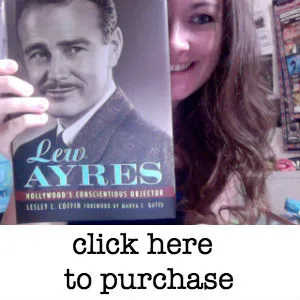

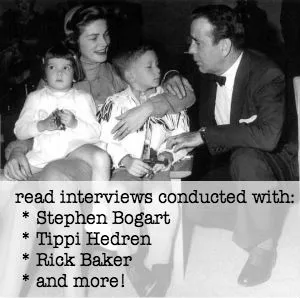
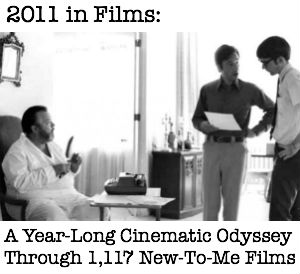
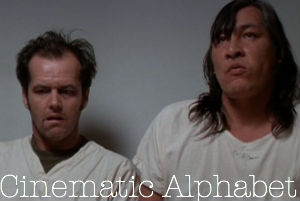

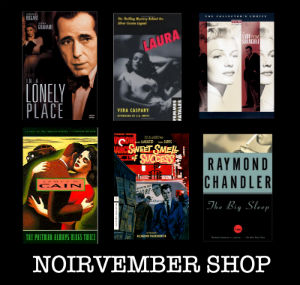
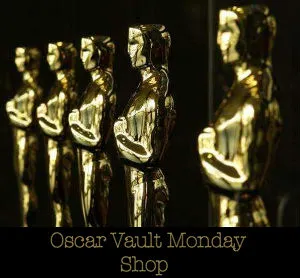







Good even handed review. I suspect I was a second year college student when this came out. Everybody loved it. I loved it. Nowadays I think this story (if made at all) would be on lifetime. Really syrupy. It got away with it because of the music. Looking back I have to say that this movie is representative of a lot of those early 1970s movies.
O’neal was good in a lot of movies I loved Barry Lyndon. McGraw is part of the problem here. She was a model and 30 when she did Goodbye Columbus. And her terrible performance in The Getaway is legend. I don’t think she can act frankly. And unfortunately that one line – the sorry line became a joke. Good job the way it was used in What’s Up Doc (which I loved BTW).
I think Love Story is a giant music video. I never did relate to the characters probably because I am a Californian.
I was so young when I saw this, that I thought Ali MacGraw was dead until I saw that documentary about Robert Evans. I love Tommy Lee Jones’ slight unibrow.
Pingback: Oscar Vault Monday – Five Easy Pieces, 1970 (dir. Bob Rafelson) | the diary of a film history fanatic